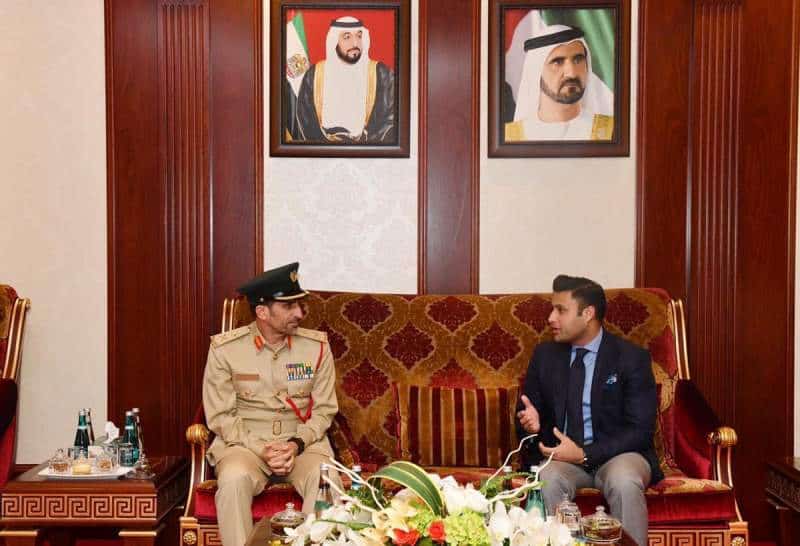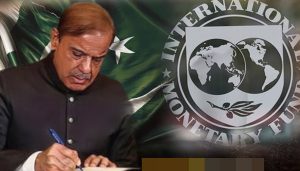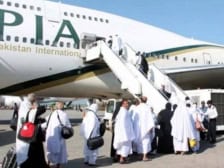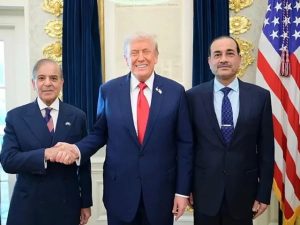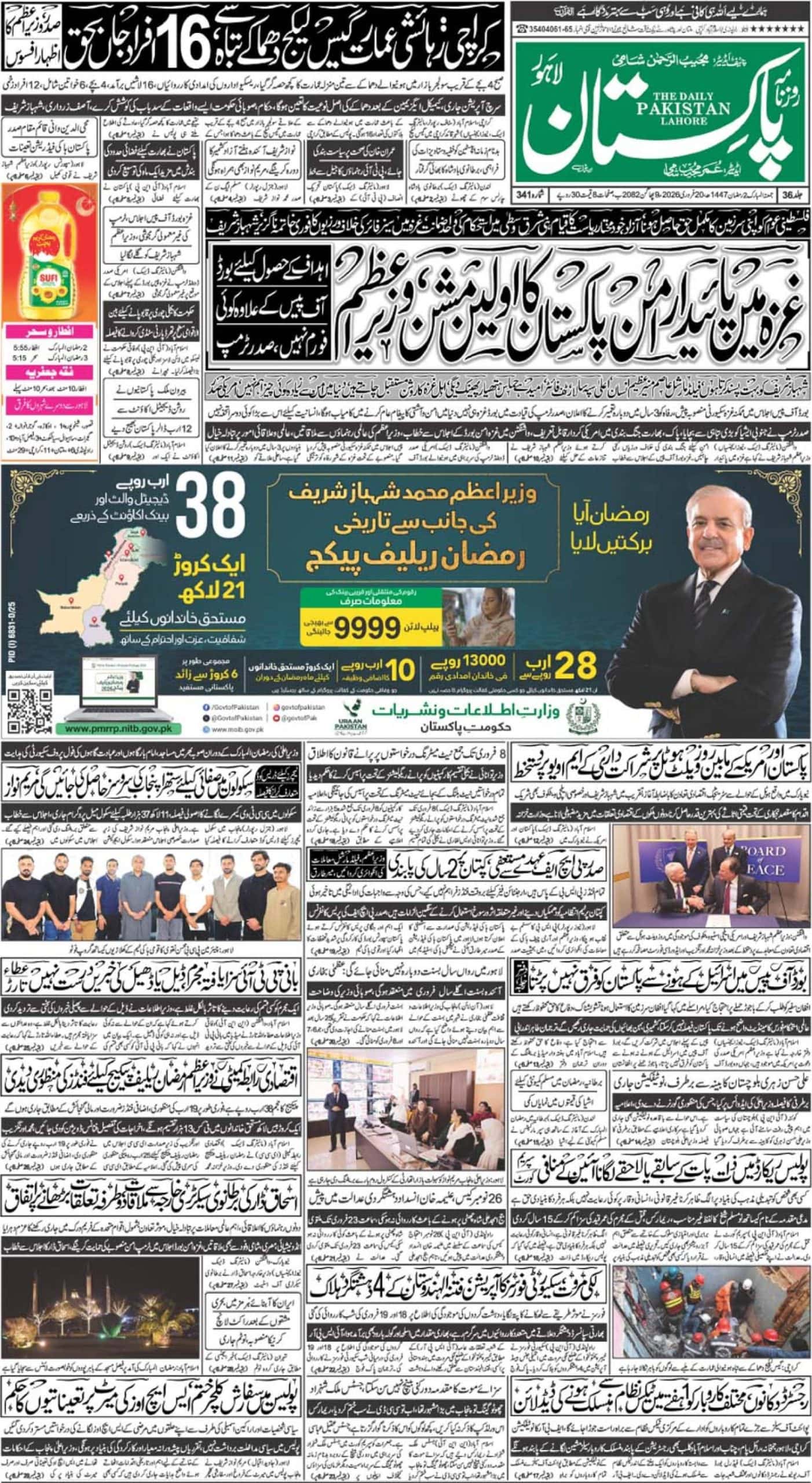ISLAMABAD — Pakistan and United Arab Emirates (UAE) have agreed to finalize the signing of a Memorandum of Understanding at the earliest to ensure legal and risk-free migration of Pakistani manpower to the UAE.
The agreement to this effect reached during a meeting between Special Assistant to Prime Minister on Overseas Pakistanis Syed Zulfikar Bukhari and Minister of Human Resources & Emiratisation Nasser Juma Al Hameli, the other day.
The safety of Pakistani workforce, which played a key role in the development of UAE, was among the top priorities of the incumbent government, Zulfikar Bukhari informed his counterpart.
He thanked the UAE authorities for sharing a draft of MoU and proposed three changes in it. He appealed for the early finalization of the MoU and expressed his desire to ink it during his next visit in February.
The proposed amendments in three Articles 3, 5 and 6 of the MoU will ease the process of sending money back home and disputes resolution of Pakistani labour in UAE.
Article 3 was related to the employment contract, while Article 5 was pertaining to the legal transfer of remittance to the destination of the worker’s choice and Article 6 dealt with the dispute resolution between the worker and his employer where the quick settlement of disputes would be sought with the help of judicial authorities of UAE.
To this, the UAE minister assured the SAPM that the MoU would be signed soon after fulfilling codal formalities.
Zulfikar Bukhari said Pakistan had developed a digital mechanism at its protectorate offices which could be connected with UAE to ensure safe and legal migration of its outgoing manpower.
He also asked the UAE Minister to unveil UAE’s future human resource demand so that his country could meet their requirement by generating required skilled manpower.
The UAE minister said they had prepared such plan till 2071 and were ready to share it which is available in documented form.
During the meeting, the SAPM also raised the issue of payment of labors’ salaries still due in certain cases.
The UAE side responded that the UAE government had adopted a zero-tolerance policy against non-payment of salary for which it had evolved an elaborate mechanism.
Under the mechanism, the UAE minister said the worker was given three choices in case of the dispute between employer and employee. Firstly, the worker was asked to change his employer unless the issue was resolved and secondly, he was allowed to work with the same employer besides pursuing the case.
Lastly, he was asked to go back to his respective country and give power of attorney to someone else who could plead his case here.
It was also pointed out that workers sometimes did not comprehend the system due to low education or language issues.
Both sides also agreed to establish a link with the embassy to deal such cases regularly.
The SAPM said both countries enjoyed excellent relations and had a great history and underlined the need to work for a better future.
Earlier Zulfi Bukhari who was on five-day official visit to UAE, visited a number of labour camps to hear the problems of Pakistani workforce there and convince them to use legal means for sending their money back home.
On the occasion, he said overseas Pakistanis remitted about $20 billion (Dh73 billion), including $4.8 billion from the UAE, during the fiscal year 2017-18 through legal banking channels.
“We want to double these remittances to $40 billion annually in the coming years by introducing special incentives on legal remittances,” he added.
As Prime Minister Imran Khan directed, the overseas ministry would extend every possible facility to Pakistani Diaspora, he said, adding the ministry was working on a number of initiatives ranging from the establishment of digital challenger bank to remittance card aimed at incentivizing those OPs who would use legal channels for transferring their money to Pakistan.

